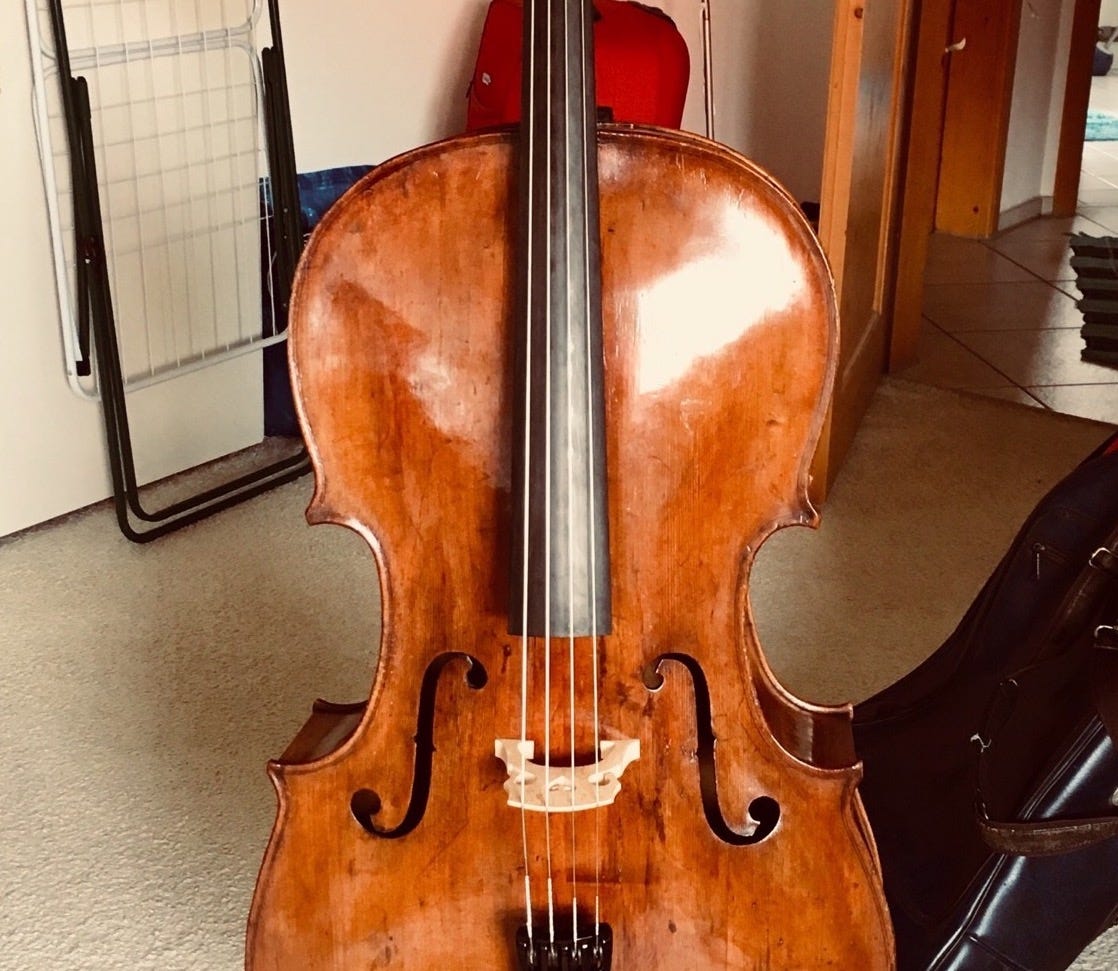How do I start practicing again?
I once booked a gig to play not one, but two Beethoven symphonies in two weeks. I had been craving an opportunity like this for a while. Plus, this music was in my bones. I knew each melody and rhythm by heart; its musical impulse coursed through my veins. I saw the call and said yes, with total confidence. Except for one tiny detail. I hadn't picked up my instrument and played anything more than a C major scale in three months.
I took a moment to reflect on what I had just agreed to. Arpeggios are pretty hard, and Beethoven writes a lot of them. He also writes a lot of fast scales in keys other than C major. Wait, that passage in the fourth movement is nearly impossible… Do I even have the physical capacity, or will I be losing my body in this process?
Dread.
I know so many adults who receive the call to start playing their instrument again. It can look like a challenging invitation from a colleague. But most often, the call is a stirring in the soul, a moment where a quiet inner, youn…
Keep reading with a 7-day free trial
Subscribe to Letters from a Composer to keep reading this post and get 7 days of free access to the full post archives.




